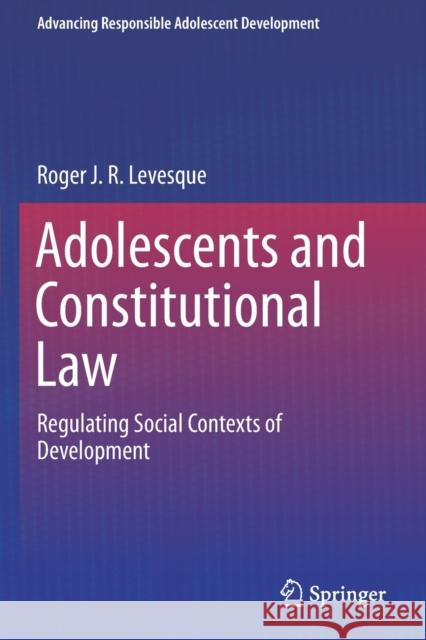Adolescents and Constitutional Law: Regulating Social Contexts of Development » książka
topmenu
Adolescents and Constitutional Law: Regulating Social Contexts of Development
ISBN-13: 9783030266417 / Angielski / Miękka / 2020 / 418 str.
Adolescents and Constitutional Law: Regulating Social Contexts of Development
ISBN-13: 9783030266417 / Angielski / Miękka / 2020 / 418 str.
cena 201,24
(netto: 191,66 VAT: 5%)
Najniższa cena z 30 dni: 192,74
(netto: 191,66 VAT: 5%)
Najniższa cena z 30 dni: 192,74
Termin realizacji zamówienia:
ok. 16-18 dni roboczych.
ok. 16-18 dni roboczych.
Darmowa dostawa!
Kategorie:
Kategorie BISAC:
Wydawca:
Springer
Seria wydawnicza:
Język:
Angielski
ISBN-13:
9783030266417
Rok wydania:
2020
Wydanie:
2019
Numer serii:
000345014
Ilość stron:
418
Waga:
0.59 kg
Wymiary:
23.39 x 15.6 x 2.21
Oprawa:
Miękka
Wolumenów:
01
Dodatkowe informacje:
Wydanie ilustrowane











